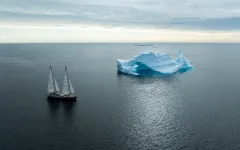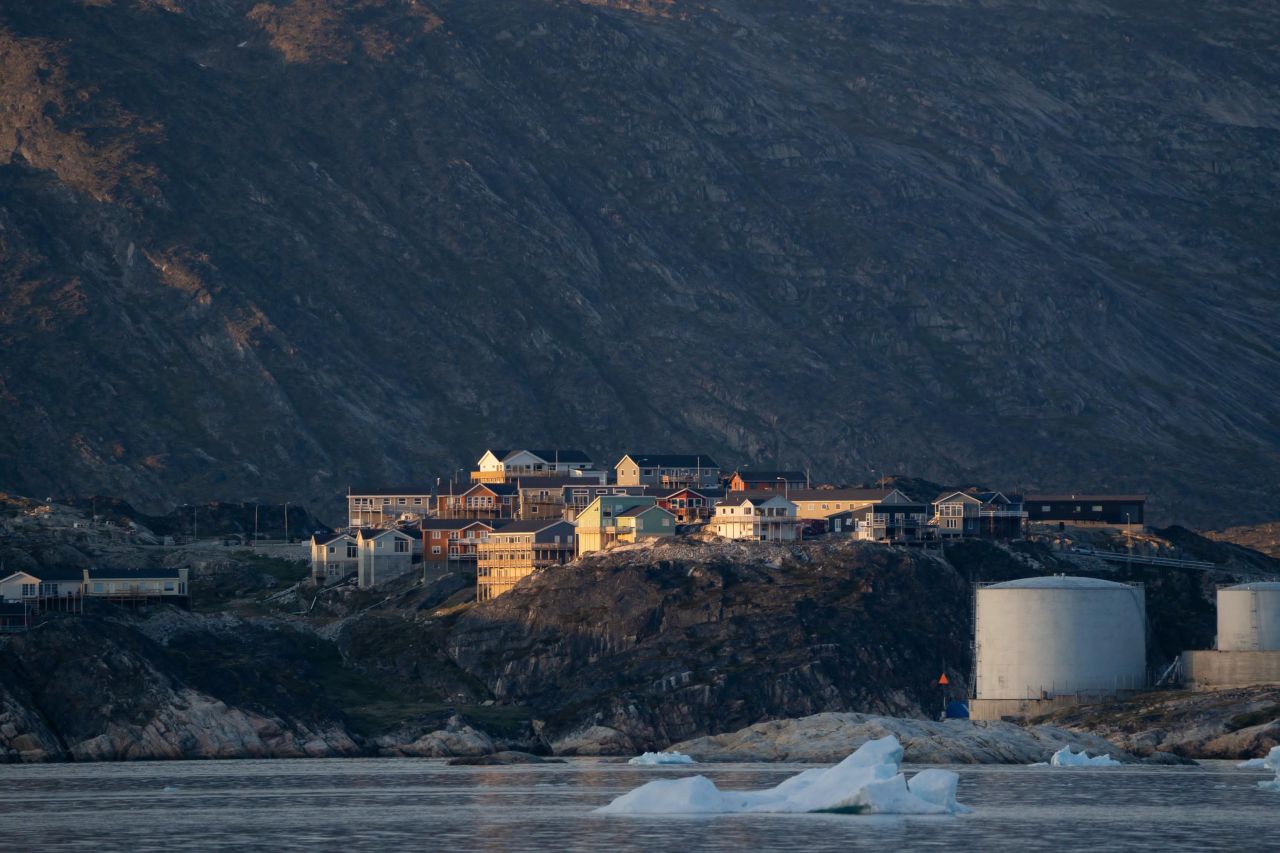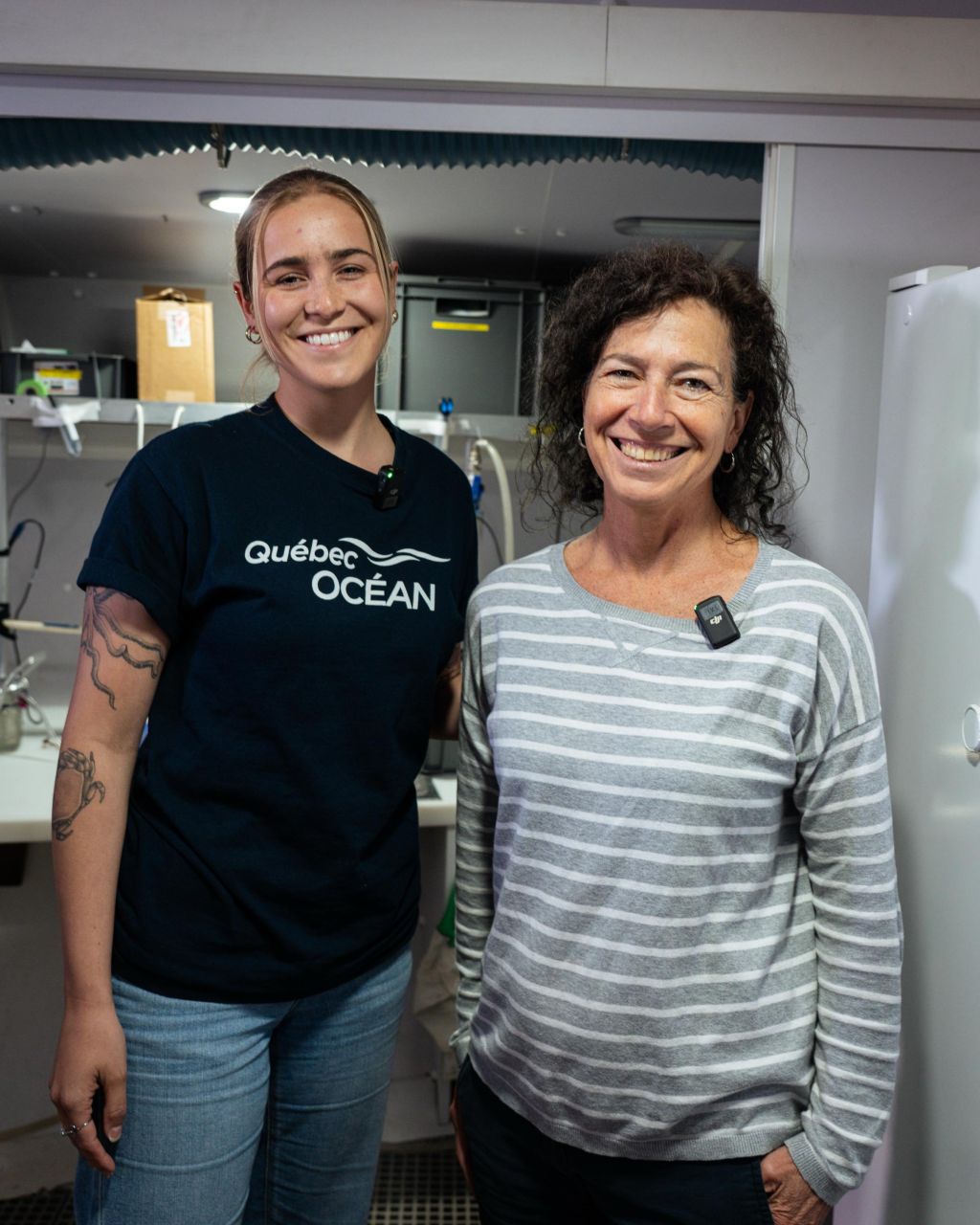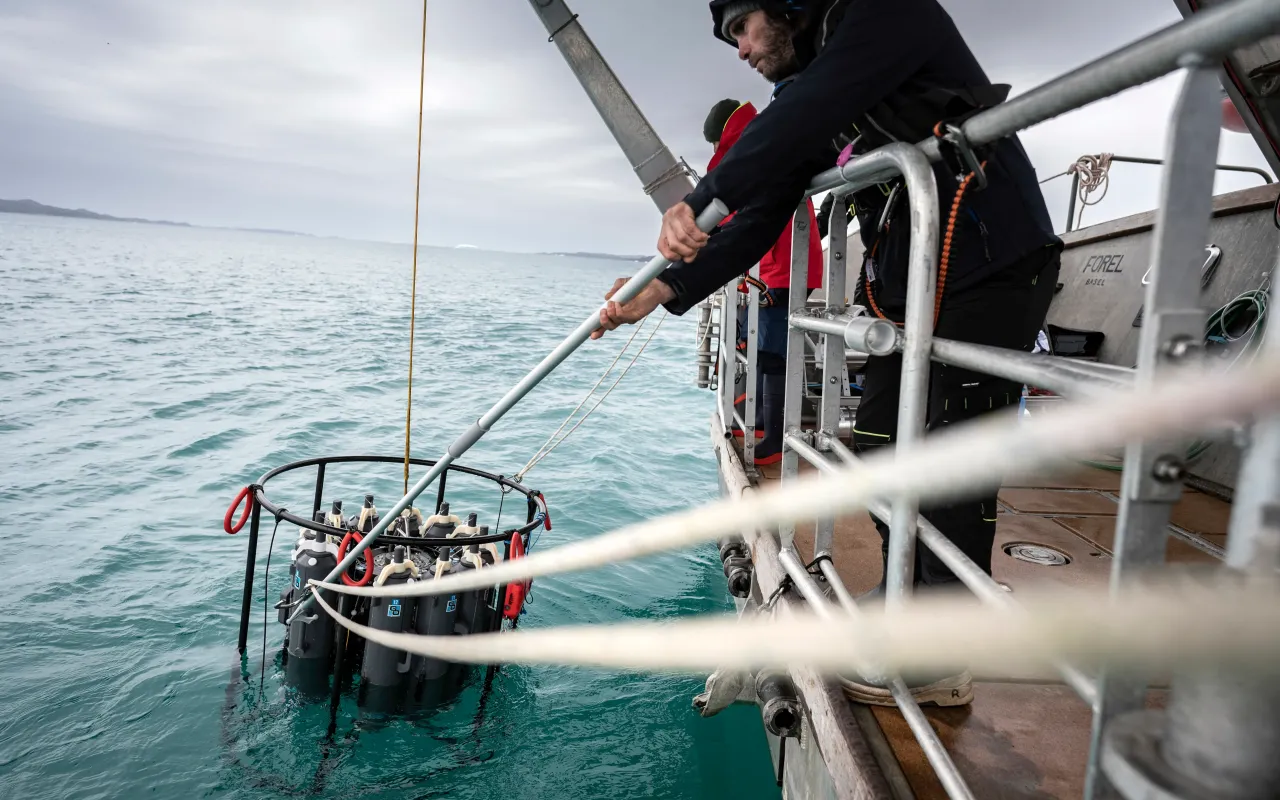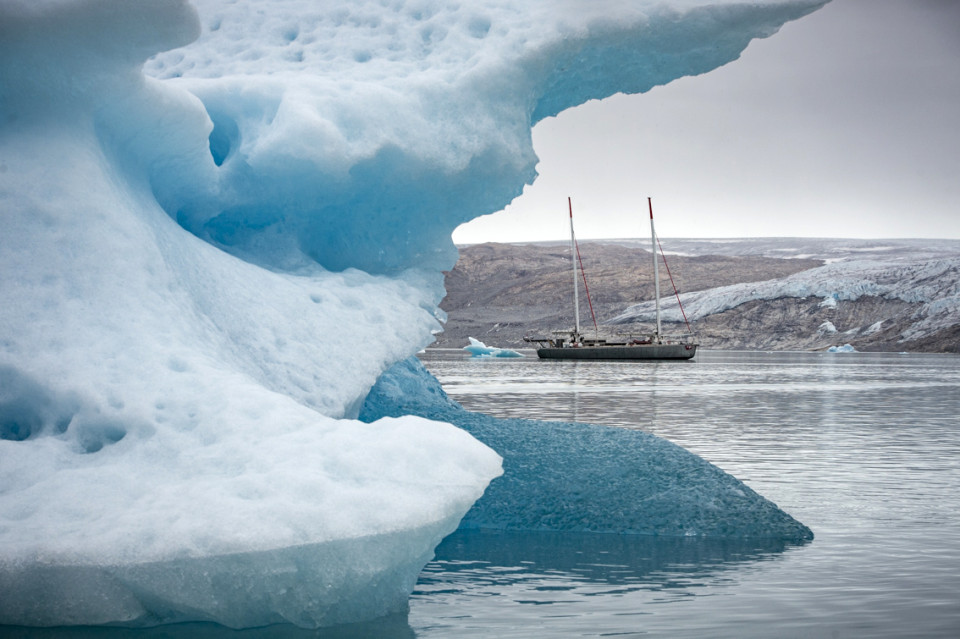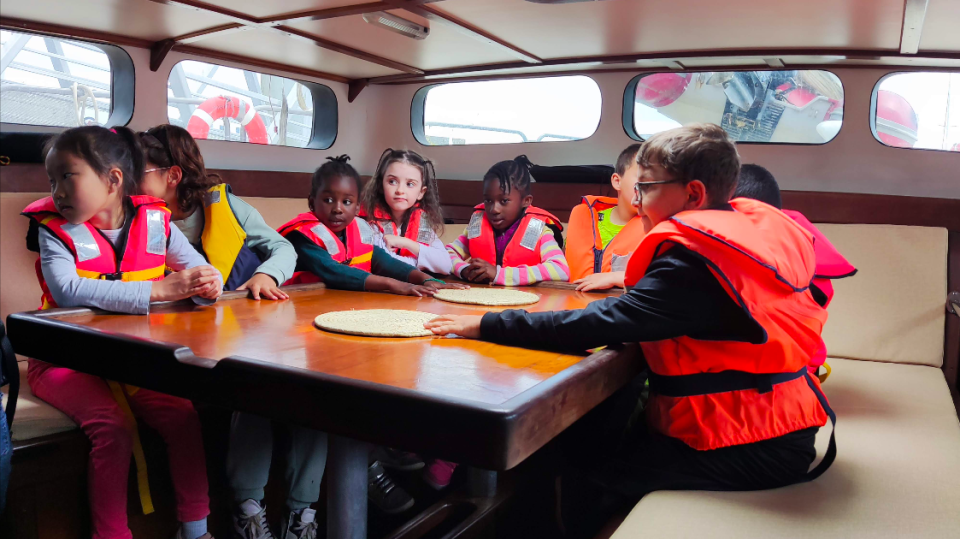Coastal Polar Science
Coastal polar science is essential for understanding and anticipating the changes affecting our ecosystems, climate, and natural resources. By studying the complex interactions between the land, sea, and atmosphere in coastal polar regions, scientists provide crucial information to preserve these fragile environments, which are vital for global climate balance.
Training Young Scientists and Sailors
Training young scientists and sailors is a strategic investment for the future of polar research and beyond. These young talents are not only the future of polar research, but they are also key actors in building a more sustainable and resilient world in the face of global environmental challenges.
Awareness
The Forel Heritage Association aims to popularize the scientific programs conducted aboard FOREL, with a particular focus on raising public awareness about climate change issues. Through its educational mission, it seeks to create bridges between scientists, the public, and indigenous communities in polar regions, who are directly affected by these upheavals.





